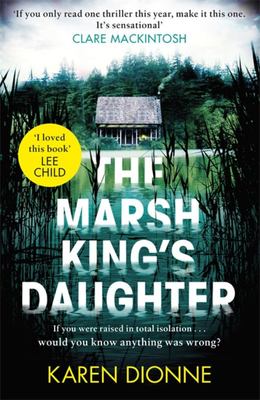
Simon McDonald reviews Michael Robotham's The Secrets She Keeps, a compelling psychological thriller that delves deeply into the psyche of the human mind.
In Michael Robotham’s sure and practised hands, domestic noir has achieved new heights. With its perfect blend of sharp plotting, great characterisation and a powerful narrative, The Secrets She Keeps might well be the spiritual successor to Paula Hawkins’ The Girl on the Train we’ve all been waiting for.
The Secrets She Keeps revolves around two central themes: the attainment of a (perceived) perfect life, and the extremes we are capable of going to in order to keep our darkest secrets safe. Our narrators — Agatha Fyfle and Meghan Shaughnessy. — come from vastly different backgrounds, but are united by two unconnected and deeply personal secrets, both of which have the potential to unravel their lives. Agatha thinks Meghan has it all — two perfect children, a handsome and successful husband, a happy marriage — while all she has is an absent boyfriend (and father of her unborn child) who won’t return her calls. If only Agatha could see the inner-workings of Meghan and Jack’s marriage; see past the sheen and the smiles plastered on their faces in public. Is a third child really the antidote to their woes? And if it is, suppose that antidote was maliciously removed… the consequences would be devastating.
In this standalone psychological thriller, Robotham explores the lengths we’ll go to bury the truth beneath a flood of lies. He never writes a dull page, ratcheting up the tension, pressing his foot against the accelerator, until the pages start turning themselves. The Secrets She Keeps is gripping and heartbreaking in equal measure. You will doubt everything and everyone, because ultimately, the characters at the novel’s centre simply can’t be trusted. They are liars, cheats and scoundrels. And they are so utterly compelling, you might breeze through this one in a single sitting. It’s ‘forget your job, meals, friends and family’ kind of good.





























